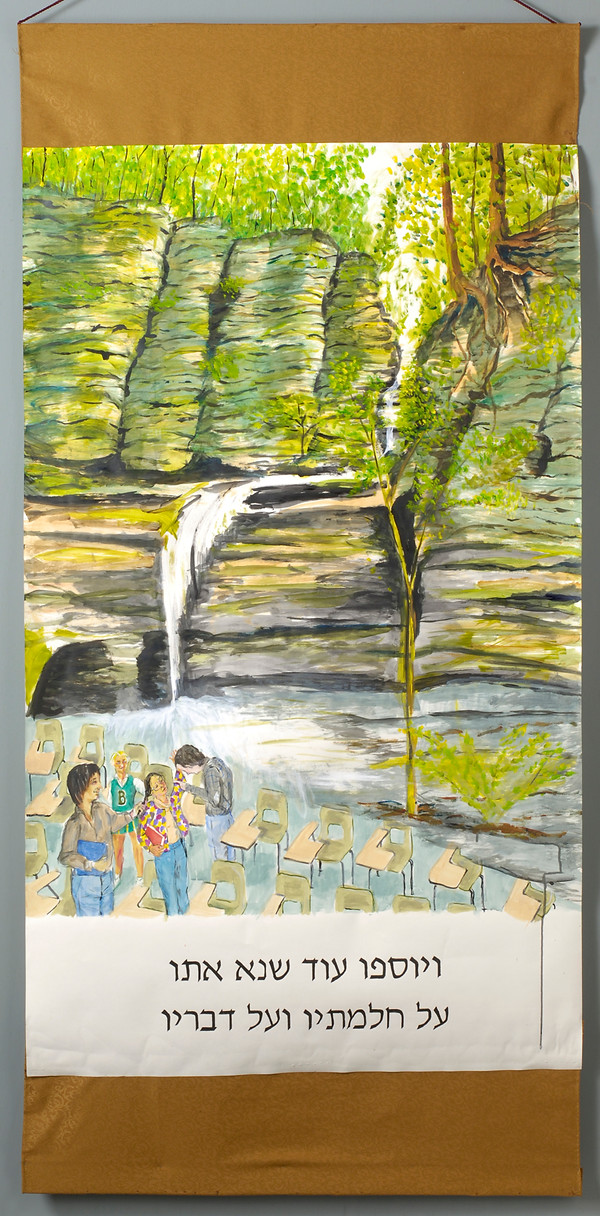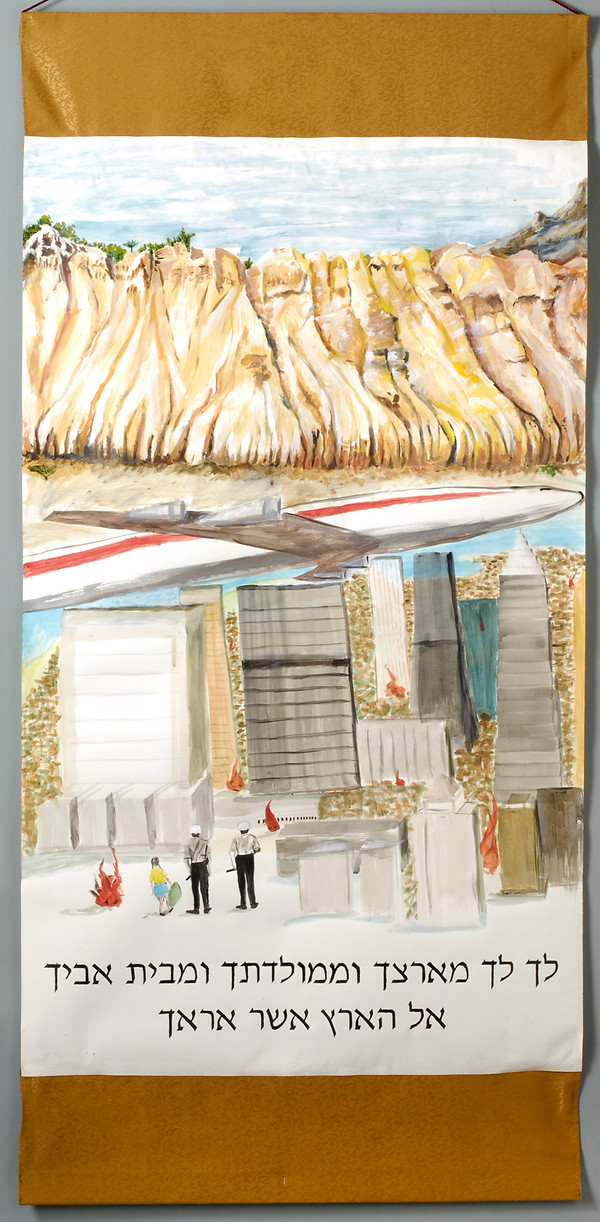Torah Study Date
Saturday, June 25, 2022
Verses Covered
Bereishit (Genesis) 41:57-42:17
Next Session
Saturday, July 2, 2022
Starting at Genesis 42:18
Last week we discussed all the earth coming to buy from Joseph since the famine was strong in all the earth (and that “all the earth” probably meant the whole Fertile Crescent). Then we moved on to Jacob (whom we hadn’t seen for a while) seeing that there was grain in Egypt and asking his sons why they looked at each other (presumably meaning why they were not doing anything about their need for grain), and then telling them to go and buy grain there so they would live and not die. We wondered whether Jacob was a good leader as a father if he had to push his sons to do something (views were divided on this). We discussed ten of Joseph’s brothers going down and Jacob not sending Benjamin “in case some harm will happen to him” (Benjamin being the only remaining son of Rachel in their eyes since Joseph was presumed dead). We were reminded of Jacob favoring Rachel over Leah and also her sons over Leah’s sons.
We discussed the ten of them bowing to Joseph with their noses to the ground—Joseph who was in charge of and sold grain to all the people of the land—and that they did not recognize Joseph though he recognized them and even made himself unrecognizable to them by speaking harshly to them and asking them where they came from (something, of course, he already knew). We discussed the hitpael verb form which often indicates a reflexive and that hitpael verbs sound like hitpael as in the case we discussed, vayitnacher (and made himself unrecognizable to them). We noted Joseph remembering his dreams, presumably referring to them bowing down to him—and noted one medieval commentator saying that he had to send for Benjamin for the dream to be true because, in the dream, they all bowed down to him.
We discussed Joseph calling the brothers spies who came to see the land exposed or naked (presumably meaning seeing vulnerabilities in Egypt that could be exploited). After all, why would ten brothers come together since a large group might not remain cohesive and we speculated whether the Egyptians had seen them coming prior to their encounter with Joseph and had concerns about such a large group. We also discussed whether the people who were coming to Egypt for grain went back to their homes after they bought it or stayed in Egypt and conjectured that, since it was difficult to get there, probably many of them stayed, that being a typical story of migration from country to city in difficult times.
We discussed the brothers denying they were spies and saying that instead, they were brothers of one man with one other brother at home and one who was no more (meaning, of course, Joseph himself). We noted that Joseph reiterated they were spies and announced that their words would be tested for truth and that, on Pharaoh’s life, they would not get out of there unless one went back and brought the other brother to Egypt with him (for they would be put in prison in the meantime) and that he announced that if they didn’t bring him back, by Pharaoh’s life, they indeed were spies. We discussed that to say “by Pharaoh’s life” is to swear.
Our artwork this week is from the 2011 series of 3’ x 5’, scroll paintings by Israeli-American Jewish artist, Gabriella Boros, Scroll Two: “They were further enraged by his dreams and by his words.” Genesis 37:8 (above) and Scroll One: “You must leave your land, your birthplace and your father’s house for the land that I will show you.” Genesis 12:1 (below). Boros moved from Israel to Cleveland when she was eight. The scrolls are midrashim on the passages relating them to her life experience with a natural setting in each one that comments on the passage and the painting. In Scroll Two, a boy with a colorful jacket is being bullied by other students in a U.S. high school—with trees in Starved Rock State Park struggling to hang on (as the high schooler was). In Scroll One, Boros relates her experience of going from the Six Day War in Israel in 1967 to race rioting in Cleveland with the plane representing the family’s trip from one to the other, the Ein Gedi nature preserve in Israel representing the solid and comforting old compared to the anxiety-producing modern city with its problems, and the “Lech Lecha” passage indicating that, as a youngster, she and her family had gone forth into a land they did not know. Boros received a BFA from the University of Michigan School of Art and lives in Skokie, Illinois.


